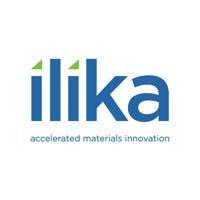Around a decade ago Toyota sought know-how in materials and solid-state battery technology to help it transition away from flammable lithium-ion batteries in Prius automobiles.
During our EECatalog conversation with Ilika CEO Graeme Purdy, following the company’s April announcement of its Stereax P180 extended temperature range solid state battery, he noted what happened after Toyota turned to Ilika: “We identified the material sets that were suitable,” Purdy told us. That’s an understated way of saying what an individual (or company) focused more on attention than solutions might have worded differently.
“Whooh!! We discovered what materials make avoiding flammability possible and had the foresight to apply the technology to miniature batteries, like those which Industrial IoT sensors would come to use, too!” would be another way to put it. With that move, Ilika set itself on the path to debuting solutions such as the Stereax P180. Edited excerpts of our interview with Purdy follow.
EECatalog: How much of an opportunity does the Industrial IoT represent, and what makes it possible for devices targeting that market to take advantage of the opportunity?
Graeme Purdy, Ilika: In China, for example, the Industrial IoT is growing faster than the consumer IoT. They’ve got the factories that they are looking to improve the efficiency and productivity of — fertile ground for automation and information gathering.
But to address that market, you need to come up with a device that meets a series of quite demanding requirements. First, you need small unobtrusive beacons that you can retrofit in what are sometimes rather inaccessible places. That device also needs to have a standard industrial temperature applicability. It needs to conform to the concept of “fit and forget.” You install the device, and it must be operational for a decent period of time Our rule of thumb is that, typically, you want these devices to last for 10 years.


